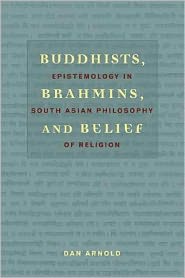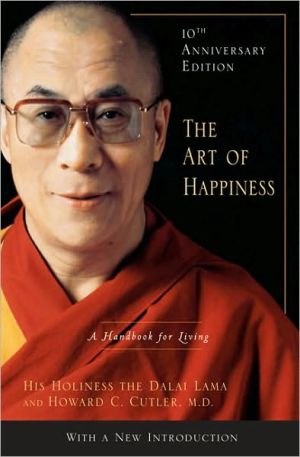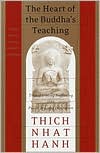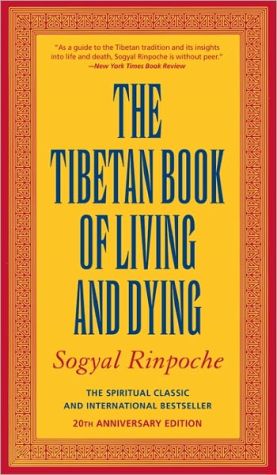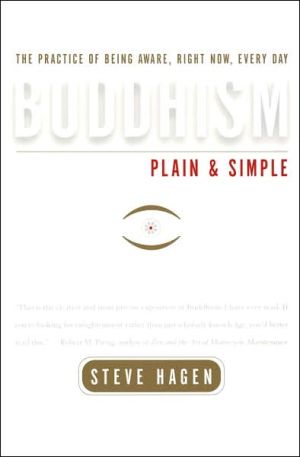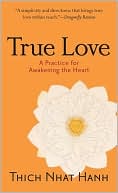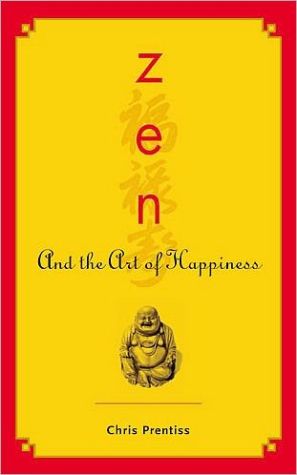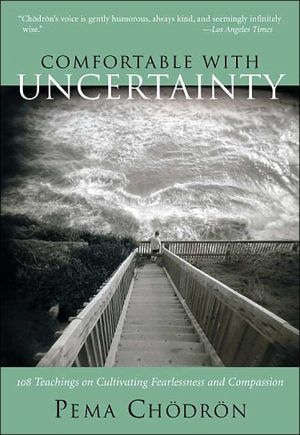Buddhists, Brahmins, and Belief: Epistemology in South Asian Philosophy of Religion
In Buddhists, Brahmins, and Belief, Dan Arnold examines how the Brahmanical tradition of Purva Mimamsa and the writings of the seventh-century Buddhist Madhyamika philosopher Candrakirti challenged dominant Indian Buddhist views of epistemology. Arnold retrieves these two very different but equally important voices of philosophical dissent, showing them to have developed highly sophisticated and cogent critiques of influential Buddhist epistemologists such as Dignaga and Dharmakirti. His...
Search in google:
In Buddhists, Brahmins, and Belief, Dan Arnold examines how the Brahmanical tradition of Purva Mimamsa and the writings of the seventh-century Buddhist Madhyamika philosopher Candrakirti challenged dominant Indian Buddhist views of epistemology. Arnold retrieves these two very different but equally important voices of philosophical dissent, showing them to have developed highly sophisticated and cogent critiques of influential Buddhist epistemologists such as Dignaga and Dharmakirti. His analysis — developed in conversation with modern Western philosophers like William Alston and J. L. Austin — offers an innovative reinterpretation of the Indian philosophical tradition, while suggesting that pre-modern Indian thinkers have much to contribute to contemporary philosophical debates.In logically distinct ways, Purva Mimamsa and Candrakirti's Madhyamaka opposed the influential Buddhist school of thought that emphasized the foundational character of perception. Arnold argues that Mimamsaka arguments concerning the "intrinsic validity" of the earliest Vedic scriptures are best understood as a critique of the tradition of Buddhist philosophy stemming from Dignaga. Though often dismissed as antithetical to "real philosophy," Mimamsaka thought has affinities with the reformed epistemology that has recently influenced contemporary philosophy of religion.Candrakirti's arguments, in contrast, amount to a principled refusal of epistemology. Arnold contends that Candrakirti marshals against Buddhist foundationalism an approach that resembles twentieth-century ordinary language philosophy — and does so by employing what are finally best understood astranscendental arguments. The conclusion that Candrakirti's arguments thus support a metaphysical claim represents a bold new understanding of Madhyamaka.
Introduction : on the rational reconstruction of South Asian philosophy1Pt. IBuddhist foundationalism111Dignaga's transformation of Buddhist Abhidharma132The problems with Buddhist foundationalism32Pt. IIThe reformed epistemology of Purva Mimamsa573Nobody is seen going to heaven : toward an epistemology that supports the authority of the vedas594Are the vedas intrinsically true? Prima facie justification and the Mimamsaka critique of Buddhist foundationalism89Pt. IIIThe metaphysical arguments of Madhyamaka1155A philosophical grammar for the study of Madhyamaka1176Candrakirti against bare particulars : an expression of Madhyamika metaphysics1437Is it really true that everything is empty? Candrakirti on essencelessness as the essence of things175Conclusion : justification and truth, relativism and pragmatism : some lessons for religious studies205Epistemology in South Asian philosophy of religion205On the context of this inquiry : some lessons for religious studies212
\ Journal of the American Academy of Religion - Richard Hayes\ Arnold's book is impressive on many levels. It is a brilliant study of several key figures in the history of medieval Indian thought. It is also a thought-provoking and intelligent exploration of contemporary issues in epistemology and philosophy of religion that makes the potential audience of the book much wider than the relatively small circle of those of who delight themselves by picking their way through the briar patches of difficult Sanskrit and Tibetan texts. Finally, it is a profoundly civilized book, one based on an abundant charity of interpretation that offers thoughtful criticism without any trace of a tone of denigration of the many positions entertained.... A delightfully provocative book.\ \ \ \ \ \ H-Buddhism - Malcolm David Eckel\ Arnold's book has been an instant success, and it is clear that any future work on Dignaga, Candrakirti, and their Hindu rivals will have to take its arguments into account.\ \ \ \ The Journal of ReligionA thoroughly stimulating read for anyone interested in Indian, Buddhist or cross-cultural philosophy.\ \ \ \ \ \ Religious Studies ReviewAn illuminating and lucidly written study... recommended for anyone interested in the study of religious thought.\ \ \ \ \ \ Journal of the American Academy of ReligionArnold's book is impressive on many levels. It is a brilliant study of several key figures in the history of medieval Indian thought. It is also a thought-provoking and intelligent exploration of contemporary issues in epistemology and philosophy of religion that makes the potential audience of the book much wider than the relatively small circle of those of who delight themselves by picking their way through the briar patches of difficult Sanskrit and Tibetan texts. Finally, it is a profoundly civilized book, one based on an abundant charity of interpretation that offers thoughtful criticism without any trace of a tone of denigration of the many positions entertained.... A delightfully provocative book.\ — Richard Hayes\ \ \ \ \ \ H-BuddhismArnold's book has been an instant success, and it is clear that any future work on Dignaga, Candrakirti, and their Hindu rivals will have to take its arguments into account.\ — Malcolm David Eckel\ \ \ \ \ \ The Journal of ReligionA thoroughly stimulating read for anyone interested in Indian, Buddhist or cross-cultural philosophy.\ — Douglas Osto\ \ \ \ \ \ Religious Studies ReviewAn illuminating and lucidly written study... recommended for anyone interested in the study of religious thought.\ — Mario D'Amato\ \ \ \ \ \ Journal of Buddhist EthicsThought-provoking.\ \ \
